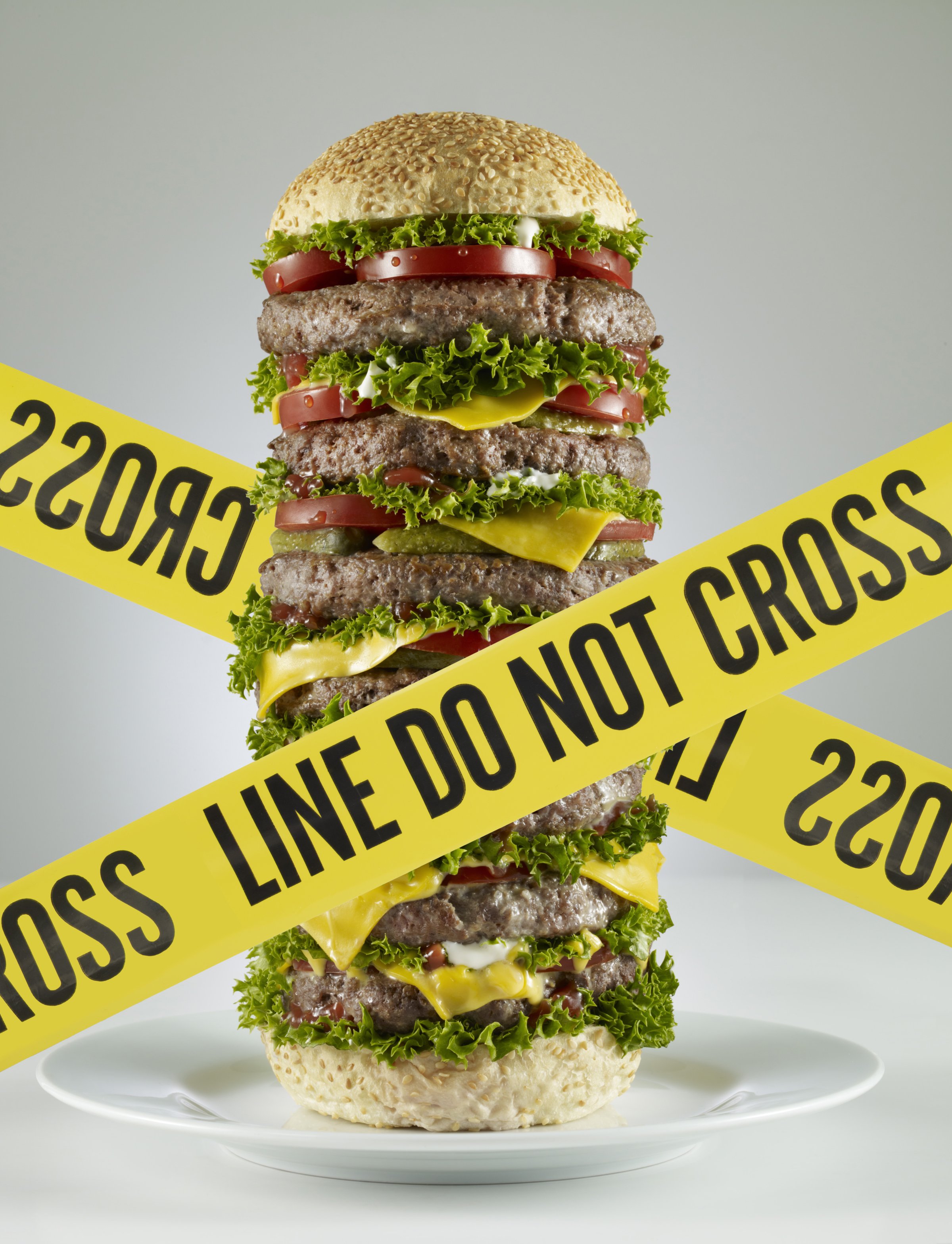
At the World Health Organization’s 67th World Health Assembly, now ongoing in Geneva, the case was made that junk food is even more damaging to public health today than tobacco, and that warning labels should be posted accordingly on the implicated foods. Let’s deconstruct this and see where we land.
First, the argument that junk food (whatever, exactly, that is) does more damage globally than tobacco is far more defensible than it may at first seem. As far back as 1993, we knew that the combination of eating badly and lack of physical activity was just behind tobacco on the list of leading causes of premature death and chronic disease in the United States. When the analysis that produced that original list was repeated a decade later, that gap had narrowed due both to less smoking, and ongoing neglect of both feet and forks, with worsening epidemics of obesity and diabetes to show for it.
Related studies have been published with regularity ever since, showing again and again and again, in populations around the globe, that eating badly and inactivity are exacting an enormous toll. Both have now been implicated among the leading causes of premature death and chronic disease worldwide. So that case can be closed.
What, then, of warning labels?
Well, the libertarians among us (and that portion of libertarian in all of us) are likely inclined to balk. In fact, the balking began before ever the talking on the subject had concluded. The basic gist here is: “Don’t tell me what to eat! If the government can tell me what food I shouldn’t eat, what’s to stop them from telling me what food I must eat? The next thing you know, breakfast is prescribed by the Feds and administered by military police.”
I understand the objections. But I don’t think they hold up. Because this isn’t about being told what to eat, it’s about consumer access to information about what they’re buying, which is something any libertarian can get behind. Here’s what consumers need to know: they’re being marketed food that isn’t even, well, food.
Which is why a skull and crossbone warning doesn’t go far enough—even on things like “toaster pastries” and breakfast cereal that contains marshmallows and drinks that contain a day’s supply of sugar and animal flesh that has now been processed into a concoction of meat, sugar, salt, and carcinogens. After all, we are talking about food. These things are not food.
Tobacco is tobacco—there is no way around that—and we deserve to know the risks associated with using it. It is no different than providing just such information about pharmaceuticals. I doubt even the libertarians object to disclosures about the potential side effects of Big Pharma’s offerings. In fact, I suspect the libertarians may feel particularly entitled to just such information. One might argue to extend just such thinking to “junk” food, and thus counter the libertarian argument. Indeed, I think that could be done: being told what’s what is not the same as being told what do to. We can be told what is in our food without being told what food to put in our mouths.
But I don’t think the “unless you want to die slowly and painfully, don’t eat this food!” label goes far enough. Because unlike tobacco or alcohol, food is supposed to be good for us. It is supposed to be sustenance, not sabotage. You can’t smoke tobacco and avoid tobacco. You can’t drink alcohol and avoid alcohol. But you can eat food and avoid junk. There is, in fact, an impressive range of overall nutritional quality in almost every food category—so we could abandon junk food altogether, and quickly learn not to miss it.
In my opinion, that’s what we should do. Junk should never have been a food group in the first place. So sure, let’s apply some objective method to determine what foods warrant a scarlet “J,” but then let’s eradicate them. It’s silly to have warning labels on food we keep selling.
As for the libertarians—well, even they should object to the false advertising involved in marketing junk as food. Besides, they can still smoke and drink.
More Must-Reads From TIME
- The 100 Most Influential People of 2024
- Coco Gauff Is Playing for Herself Now
- Scenes From Pro-Palestinian Encampments Across U.S. Universities
- 6 Compliments That Land Every Time
- If You're Dating Right Now , You're Brave: Column
- The AI That Could Heal a Divided Internet
- Fallout Is a Brilliant Model for the Future of Video Game Adaptations
- Want Weekly Recs on What to Watch, Read, and More? Sign Up for Worth Your Time
Contact us at letters@time.com